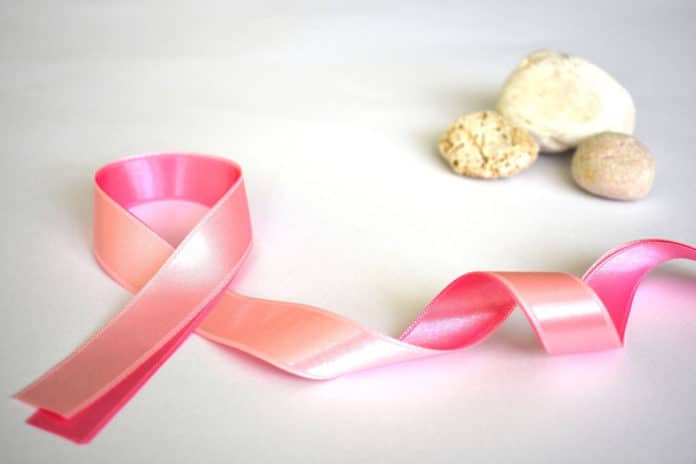Scientists from the Department of Radiology at NYU Langone Health and its Laura and Isaac Perlmutter Cancer Center have trained a computer program for better breast cancer diagnosis. Their new AI has been trained among thousands of breast ultrasound images.
When tested on 44,755 already completed ultrasound exams, the AI effectively improved radiologists’ ability to distinguish the tumor by 37% and diminished the number of tissue samples or biopsies needed to affirm suspect tumors by 27%.
For the study, over half of ultrasound breast examinations were used to create the computer program. Ten radiologists then reviewed a separate set of 663 breast exams, with an average accuracy of 92 percent. When aided by the AI model, their average accuracy in breast cancer diagnosis improved to 96 percent. All diagnoses were checked against tissue biopsy results.
Study senior investigator Krzysztof Geras, Ph.D., said, “Our study demonstrates how artificial intelligence can help radiologists reading breast ultrasound exams to reveal only those that show real signs of breast cancer and to avoid verification by biopsy in cases that turn out to be benign.”
The limitation of Ultrasound is that it has too many false diagnoses of breast cancer. Hence, it results in anxiety and unnecessary procedures for women. Also, some studies have shown that most breast ultrasound exams indicating signs of cancer turn out to be noncancerous after biopsy.
Co-investigator and radiologist Linda Moy, MD, said, “If our efforts to use machine learning as a triaging tool for ultrasound studies prove successful, Ultrasound could become a more effective tool in breast cancer screening, especially as an alternative to mammography, and for those with dense breast tissue. Its future impact on improving women’s breast health could be profound.”
Scientists plan to refine the AI software by including additional patient information, such as a woman’s added risk from having a family history or genetic mutation tied to breast cancer, which was not included in their latest analysis.
Journal Reference:
- Shen, Y., Shamout, F.E., Oliver, J.R. et al. Artificial intelligence system reduces false-positive findings in the interpretation of breast ultrasound exams. Nat Commun 12, 5645 (2021). DOI: 10.1038/s41467-021-26023-2
